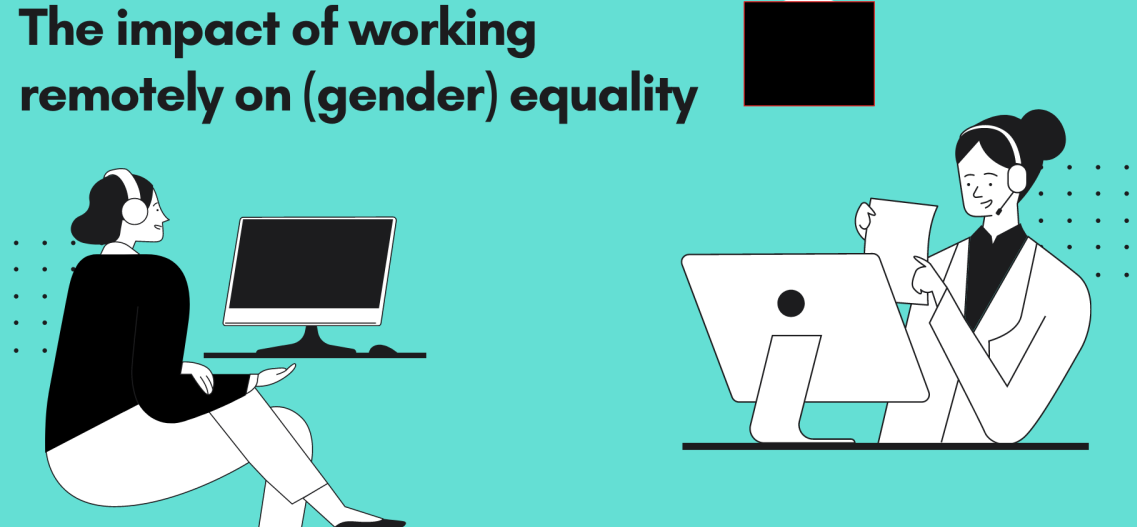
Recruitment may not be the first industry you think of when it comes to carbon emissions. Yet the environmental footprint of traditional hiring practices is larger than many realise: flights for interviews, paper-heavy processes, in-person assessments that involve travel and energy use. All of these add up. At the same time, “sustainable recruitment systems” are proving to be far more than a buzzword. They are helping organisations reduce waste, attract values-driven talent, and future-proof their workforce strategies. In other words, green hiring is both a moral and a commercial imperative .

At this year’s ReGen Expo , the programme was thoughtfully divided into two key tracks: The Resource Stage , focused on innovations in recycling and resource recovery. The Circularity Stage , showcasing upstream redesign, system change, and regenerative business models. Both matter, but they’re not the same. Recycling plays a critical role in reducing what ends up in landfill. But circularity reaches further, asking how we might design waste out altogether . In short: If recycling is like treating the symptoms, circular processes are like building a lifestyle that prevents the illness in the first place.

A Sobering Reality Check Australia’s emissions reduction report card is in, and it makes for uneasy reading. Strip away land use changes, and national emissions have dropped just 3% since 2005. While federal targets remain focused on achieving net-zero by 2050, progress is painfully slow across energy, transport, and industrial sectors. Politicians may debate policy, and analysts may point to infrastructure bottlenecks, but there’s a more human variable we urgently need to talk about: talent. Could the decarbonisation lag be less about ambition and more about our inability to scale the workforce to match?

Welcome to the Automation Dilemma AI has officially moved from speculative buzzword to standard tool in the hiring process. From screening CVs to scheduling interviews and even conducting first-round assessments, AI promises efficiency, objectivity, and speed. But as recent headlines show, the automation of recruitment may come at a cost we’re only beginning to understand. In the past fortnight alone, Workday was ordered to face legal action in the US over allegations that its AI-led hiring discriminated against applicants. And in Australia, deepfake job applicants have infiltrated the remote workforce, raising red flags about identity verification. So the question isn’t can AI replace recruiters. It’s should it?

A Scientific Milestone, A Talent Wake-Up Call When Sydney-based alt-protein startup Vow secured regulatory approval for its cultured quail product from FSANZ (Food Standards Australia New Zealand), headlines rightly celebrated the scientific milestone. But behind the slick bioreactors and media buzz lies a less discussed, yet equally vital question: who will build, scale, and commercialise this new frontier of food production? For purpose-led businesses working at the cutting edge of sustainability, this approval is more than a win for cellular agriculture. It’s a signal that Australia’s alt-protein sector is maturing - and the race for specialised talent is on.

As of January 2025, Australia has taken a significant step towards greater corporate accountability and transparency by introducing mandatory climate-related financial disclosures. This and requirements like it are helping to push business into action with 54% of those surveyed by Future Focus feeling the pressure from regulatory requirements. This policy, designed to align with global standards, requires for now very large entities to report on their climate-related risks, opportunities, and actions. While this move is essential for a more sustainable economy, it is also poised to have a profound impact on the job market, particularly in the areas of sustainability, ESG and compliance.

In recent developments within the corporate sector, a substantial shift toward differentiating pay based on employees' work location has emerged. This change has sparked considerable debate over its potential effects on workplace equity and inclusion. Detailed insights from industry surveys and research studies, such as those conducted by Herbert Smith Freehills and KPMG, illustrate a growing trend where one-third of employers express intentions to pay remote workers differently than their in-office counterparts. This approach, particularly noted in Australia, involves 38% of senior executives who believe remote working should be a privilege contingent upon trust and seniority. About 37% of these executives are considering implementing pay differentials between remote and in-office staff within the next three to five years.

Deciding whether to include salary details in job advertisements is a significant consideration for employers. The push for pay transparency is becoming increasingly prevalent among job seekers, who are vocal about their desire to see salary information upfront. Substantial data backs this movement; according to research for SEEK, 87% of job seekers regard knowing the salary before applying as extremely important, with 83% feeling more optimistic about a potential employer that discloses this information. Many recruiters argue that including salary in job ads meets candidate expectations and provides distinct advantages to the employer.

Following Neurodiversity Celebration Week, which took place from 18th to 24th March, it's important to address and dispel prevailing misconceptions surrounding integrating neurodivergent individuals in the workplace. Despite the growing evidence supporting the advantages of cognitively diverse teams—such as increased productivity, enhanced decision-making, and heightened innovation—many organisations remain apprehensive about embracing neurodivergent talent. This reluctance not only sidelines a significant portion of the global talent pool, estimated at 15-20 per cent but also hampers organisational growth and innovation.

